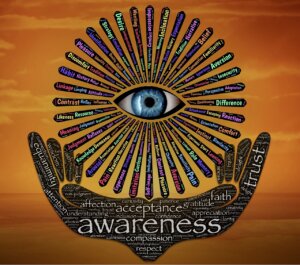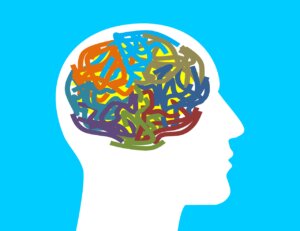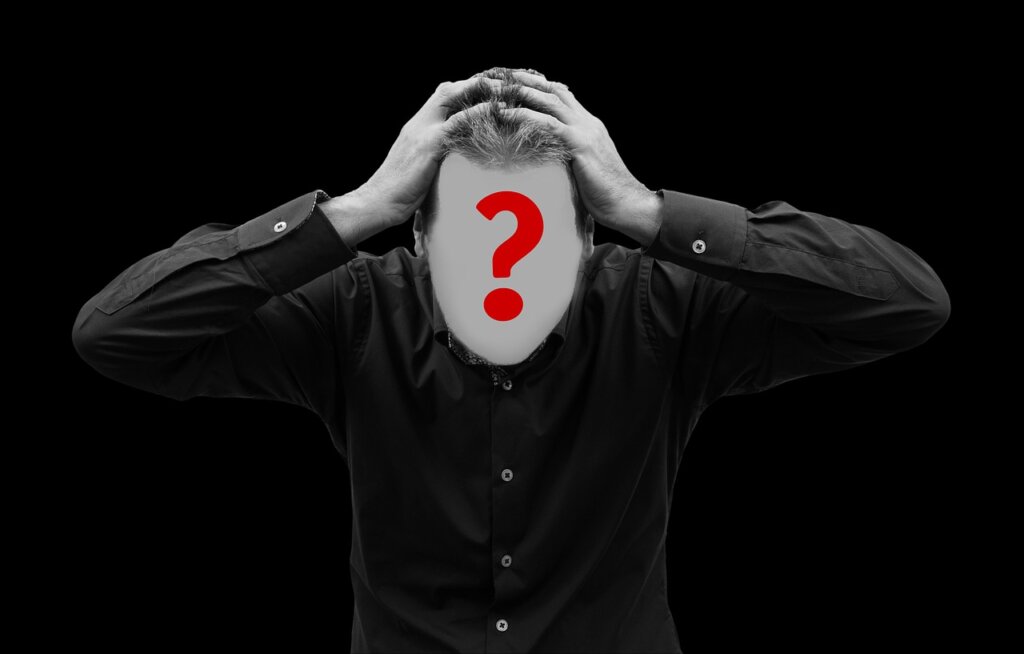By Rida Zahid
Bipolar Disorder – Things you must know 
Previously known as manic depression, bipolar disorder is a condition that is accompanied by extreme shifts in mood and fluctuation in the energy levels that make your day-to-day life difficult. It is a serious mental illness that can make your life difficult to a great extent. If this illness is not treated at the right time, it can literary destroy mental health and affect the other aspects of life as well. In some cases, it can lead to suicide as well. It can happen at any age and it affects males and females equally.
Mainly, in bipolar disorder there are alternative episodes of extreme mania and major depression. These fluctuations can be noticed very clearly because of the severity and peaks. These mood shifts are sometimes very serious, and incapacitating than normal mood swings.
Symptoms of Bipolar Disorder
In this mental illness, there is no set pattern for the dramatic shift of mood between mania and depression. It is different for different people depending on their mood control and the severity of bipolar in them. Some might get stuck in the same mood for a long time before shifting to the other mood. There is no fixed ratio for this. However, the way these moods express themselves can be the indicator of bipolar disorder.
Symptoms of Mania
Here are some symptoms of bipolar disorder associated with the mania:
The hypo-mania side of the bipolar is referred to as the high mood where the person is seen very excited and over the edge. Here are some symptoms to notice:
• An excessive amount of happiness, excitement, positivity, and hopefulness • Restlessness • Sudden changes in the state of emotions like turning from joyful to being irritating and hostile in no time. • Increased level of energy • Lack of need for sleep • Poor concentration and rapid speech • Making big and unrealistic plans • Alcohol abuse • Becoming more impulsive • Likelihood of engaging in dangerous and risky behavior • Believing that nothing is wrong • A continuous sense of distraction and boredom • A sense of being the best and on the top of the world • Jumping from one topic to another while talking
You might be an optimist person in your life, but being maniac means something else. It is dangerous in many ways and it involved abnormal levels of excitement and happiness which are noticed very easily. Soon, it becomes out of control and it adversely affects the life of the patient.
Symptoms of major depression
Depression periods are the low periods where the person might be seen very sad. Here are some of the symptoms associated with it:
• Extreme sadness • Lack of sleep or other sleep issues • Physical issues that don’t respond to any treatment • Extreme feelings of despair, emptiness, and hopelessness • Intense fatigue and tiredness • Weight loss or weight gain • Inability to enjoy the things that you used to enjoy before • Low attention span and difficulty in memorizing things • Inability to perform daily tasks like going to school or performing work tasks. • Changes in eating pattern and sleeping patterns • Anxiety and stress • Uncontrollable crying • Preferring to be alone • Thoughts of suicide and death • Trouble in making the decisions • Loss of energy
When this state reaches the severity, the patient often ends up attempting suicide and doing other self-harming activities.
The person with bipolar will experience both of these states one by one. For an instant, they might feel like they are the most popular person on earth and that they can do anything and in the next moment, they might go to the state where they don’t even feel worthy enough to get out of bed and do something.
Diagnostic Criteria for Bipolar Disorder 
According to the Diagnostic and Statistical Manual (DSM-5), a psychologist or a psychiatrist can give the diagnosis of bipolar disorder. According to DSM-5, the person must meet the criteria for depression and mania. These symptoms must last for more than seven days and they must be noticeable. The family members and relatives can help in identifying the issues. The psychologists and psychiatrists carry out some mental exams and assessments to make sure the symptoms are in line with the disorder.
The doctors can carry out a physical examination and some diagnostic tests to rule out the other disorders. Other conditions can be associated with bipolar disorder, such as:
• Anxiety disorder • Substance abuse • Post-traumatic stress disorder • Attention deficit hyperactivity disorder
Treatment for Bipolar Disorder
The main aim of the treatment is to minimize the intensity and the frequency of these mood states to help the person lead a normal and healthy life. If bipolar disorder is left untreated, it can persist for longer and make the consequences worse whereas, with treatment, there is a possibility of betterment within a few months depending upon the intensity.
The treatment of bipolar disorder involves a combination of medication and therapies. The person will be able to control the mood swings and live a healthy life if treated right.
Medications
Doctors usually prescribe lithium carbonate for long-term use for severe episodes of mania and depression. They are to be taken for at least six months. Also, anticonvulsant anti-psychotic drugs are given to the patient to adjust the mood shifts. Patients are strictly advised to only listen to their doctors and do as they say.
Therapy 
After the medications, the therapy aims in helping the patient in symptoms management. It helps the patients recognize the triggering factors of the episodes and control them. This way, they become able to live a better life. It is the role of psychotherapy to help the patients identify the cause and manage it.
Cognitive-behavioral therapy is also used in the treatment of the bipolar disorder. It can involve family therapy as well. It can be used in combination with other therapies to manage the symptoms in a better way and to avoid the relapse as much as possible.
Along with medications and therapies, it is advised to the patient to keep up with the healthy routine, diet, and have enough sleep. Regular exercise and meditation are also preferred for self-harmony. Any medications or supplements must be discussed with the doctor first.
Rida Zahid is a Freelance Writer, and Content Strategist. Contact: ridhia.zahid@gmail.com


I cannot thank you enough for the blog article.
Way cool! Some very valid points! I appreciate you writing this write-up and the rest of the website is really good.